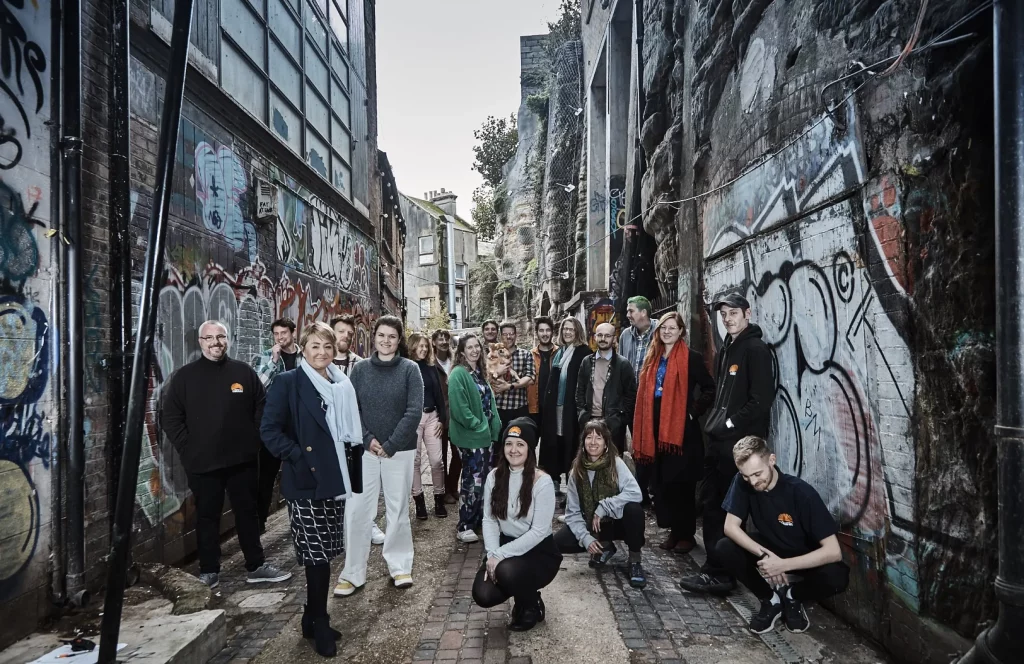The Audi União project in Curitiba, Brazil, is an initiative to improve living conditions in the city’s largest and poorest informal settlement. Many families lived in unsafe areas prone to flooding by the Iguaçu River. Rather than evicting them, the project aimed to upgrade the area while keeping families in their community.
Led by the city’s housing agency COHAB/CT, the project improved infrastructure such as drainage, sanitation, and roads, built new housing for those in high-risk zones, and secured land rights for residents. It also introduced social programs that promote safety, gender equality, education, and employment.
Residents were involved throughout the process, working in partnership with local government, NGOs, and other organizations. Flood control measures have been successful, with no major flooding reported since the project’s completion. Public facilities like health units, schools, and recreation centers have also been added.
The project was funded mainly by the federal government and the city, with over US$19 million invested. It led to better public safety, a 206% rise in families earning the minimum wage, and a stronger sense of community. Women particularly benefited from land title programs.
Despite some ongoing challenges—like access to rail transport and more schools—this approach has proven effective and is now being used in other parts of Curitiba. It shows the value of combining physical upgrades with social support, community involvement, and strong partnerships across all levels of government.








